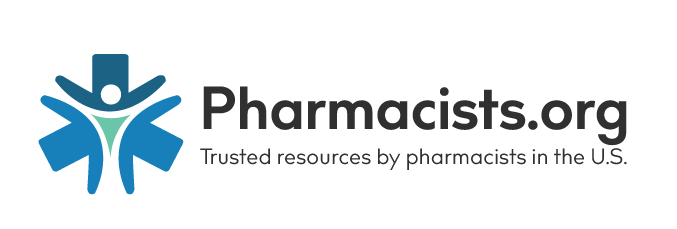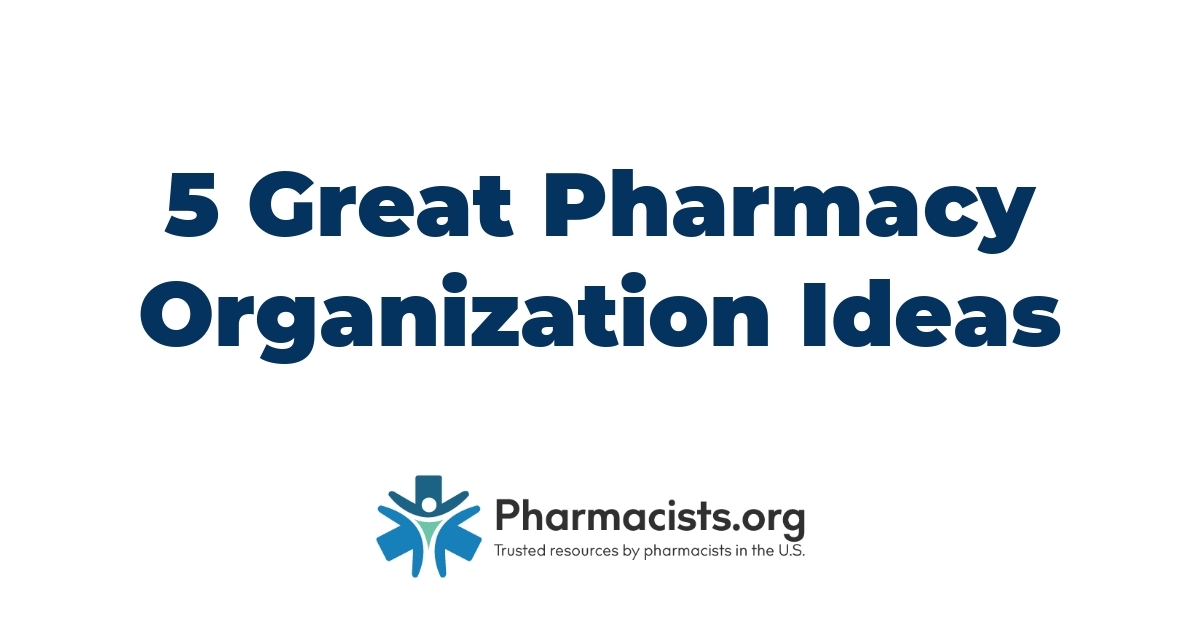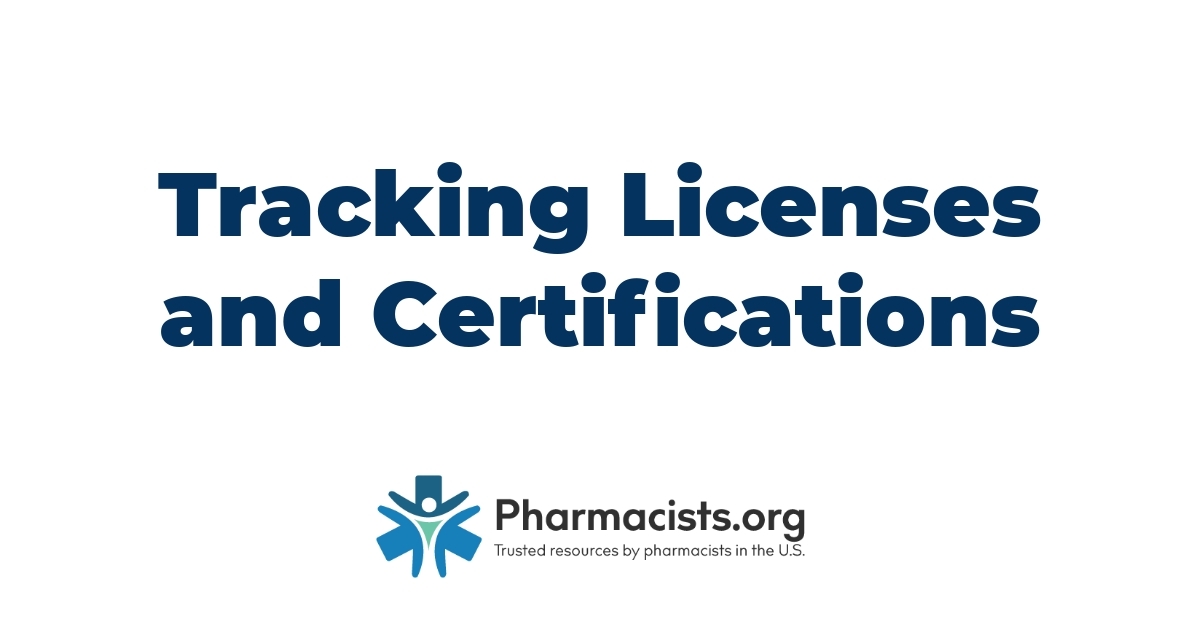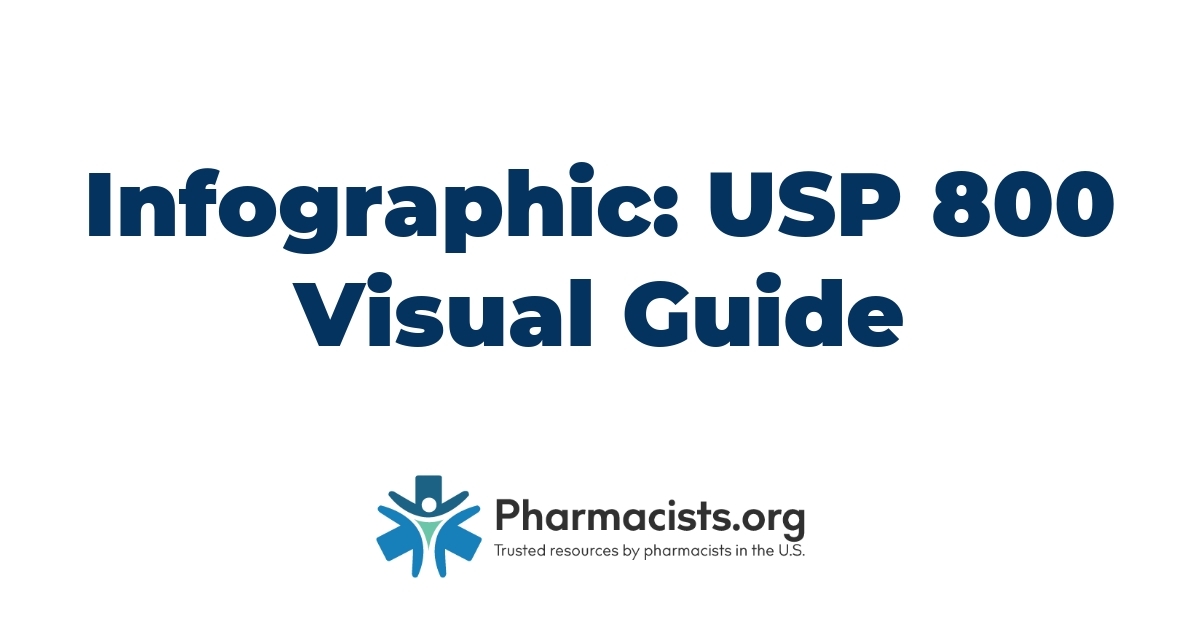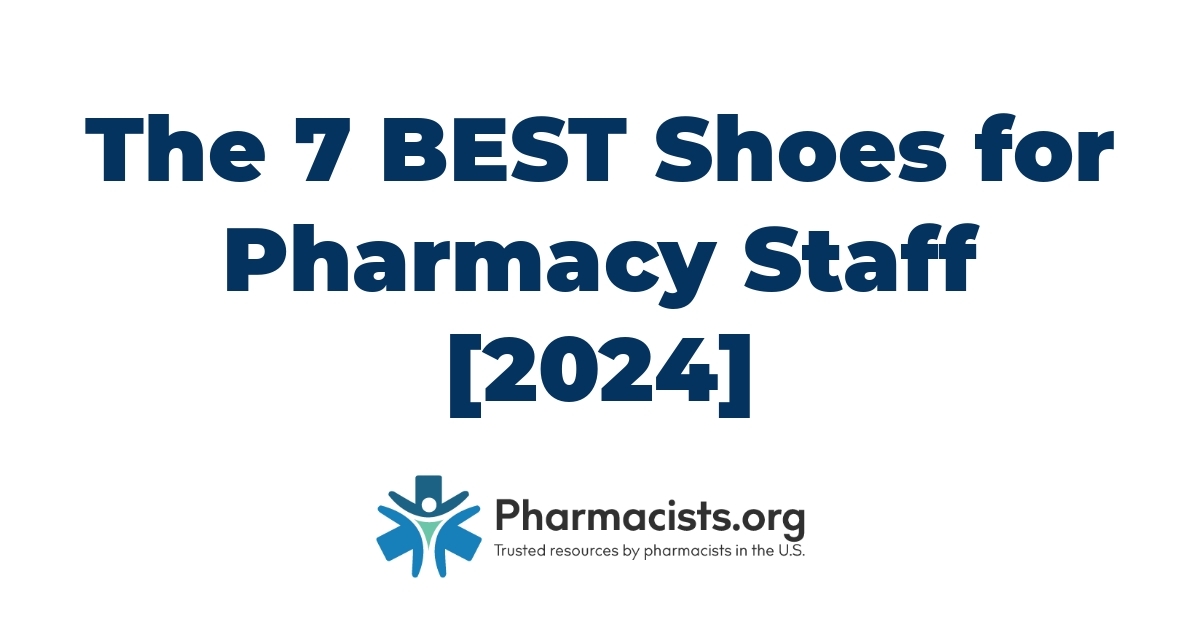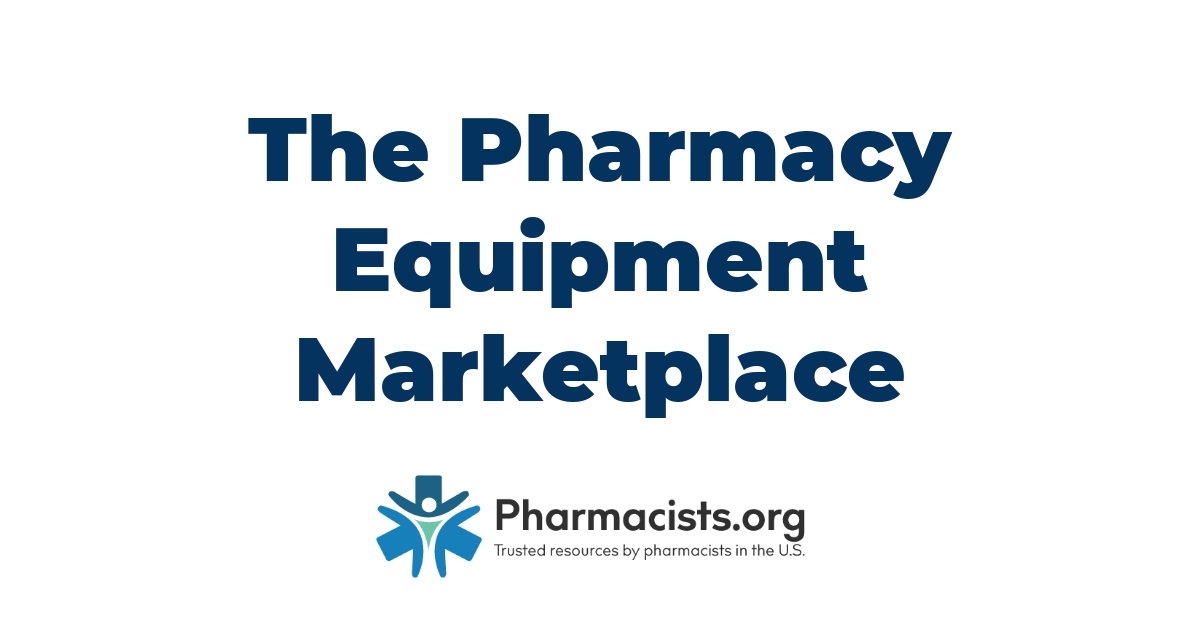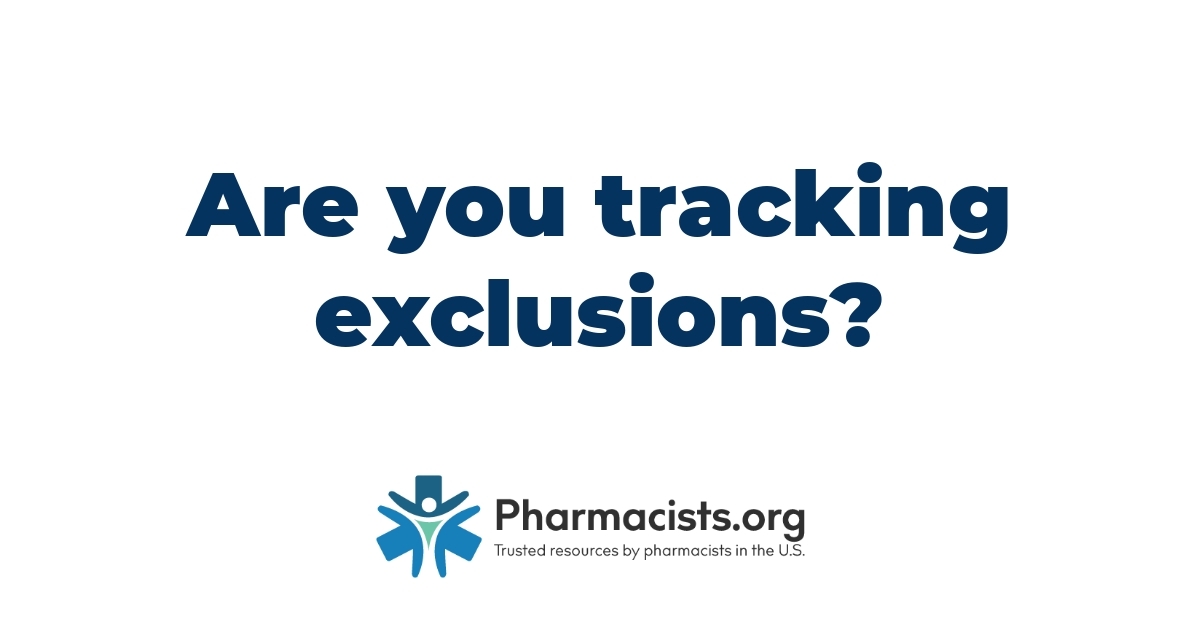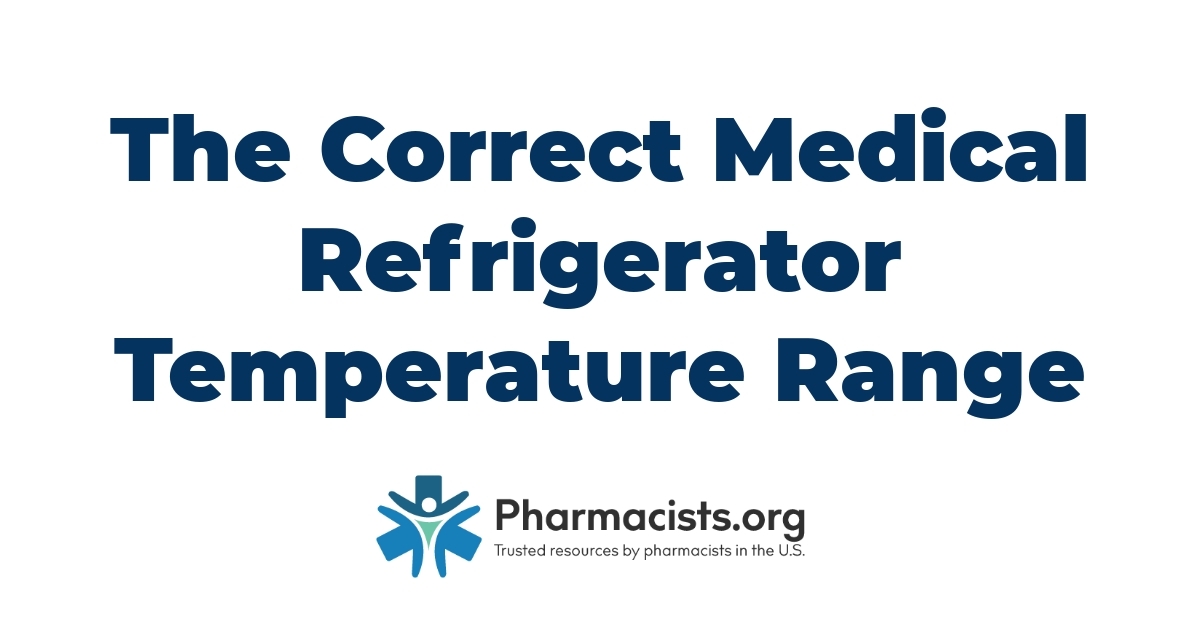Note: This post is from 2020 and was originally on PharmCompliance.com. We are posting to provide you with as much information as possible on this topic.
For this post, I invited the folks from Bula Intelligence back on to give us some legal background on CLIA waivers. After, we’ll look at the business side of it and how to make POC testing a reality in your pharmacy.
Overview
Clinical Laboratory Improvement Amendments (CLIA) was passed by Congress for non-research laboratory testing in 1988.
It establishes quality standards for laboratories to ensure the accuracy, reliability, and timeliness of patient test results, regardless of where the test is performed.
CLIA regulations apply to laboratory testing in all settings.
If a facility in the United States is performing laboratory testing on human specimens for health assessment or the diagnosis, prevention, or treatment of disease, they are regulated by CLIA.
The three federal agencies responsible for CLIA:
- The Food and Drug Administration (FDA)
- Center for Medicaid Services (CMS)
- The Centers for Disease Control and Prevention (CDC)
Each agency has a unique role in assuring quality laboratory testing.
CLIA-waived Tests
Tests that can be performed with a CLIA waiver:
- be simple
- have a low risk for erroneous results
There are around 120 tests that can be done with a CLIA waiver. Unfortunately, even with the requirements, this does not mean that waived tests are completely safe. There are potential negative impacts on health that may occur if waived tests are performed inaccurately.
POCT: Point-of-Care Testing
Pharmacies/pharmacists can perform tests if the tests are CLIA-waived and the pharmacy has obtained a Certificate of Waiver (COW). A COW is usually obtained from the State Board of Health.
Bula’s CLIA Frequently Asked Questions with Answers
The CLIA FAQs mostly relate to how to get a Certificate of Waiver (COW) and what is required. While Federal law doesn’t have requirements for the education and training that pharmacists must have to perform tests, a state may.
The PharmCompliance Business Summary
Thanks Bula! Now let’s look at the nuts and bolts of getting it done in the pharmacy.
What POC tests can be done with a CLIA Waiver that I can do in the pharmacy?
Good question – there are a boatload of them, but here are some common ones you might be interested in:
- COVID testing (more on that next)
- Rapid influenza testing
- HIV testing
- Strep testing
- Lipid panels
- Electrolyte and CBC
- INR
You’ll need to decide which ones make sense for your pharmacy and keep in mind the provider-patient relationship (i.e. I personally wouldn’t start doing lipid panels and then telling the patients to ‘see their doctor’ because their cholesterol is high, unless you want every doctor in town to hate you), but some of these tests make a lot of sense to do in the pharmacy.
Take a look at this article, for example; Sanofi obtained OTC status for Tamiflu recently and caused enormous concern from the medical community about self-treatment (and self-diagnosis) for influenza. This article argues (rightfully so) that a good intermediate solution between OTC access and flooding physician offices with flu appointments is allowing the pharmacist to prescribe it.
Combined with rapid flu testing (and flu vaccines!) and you’d be set up to provide comprehensive care for the flu every year. That takes workload off the doctors, who can then see patients who need more complex diagnosis and care we can’t provide in the pharmacy.
In another example, California recently passed a bill allowing pharmacists to dispense pre-exposure and post-exposure prophylaxis for HIV. Again, combined with HIV testing (and of course additional courses so we’re all comfortable doing it) and we can drastically increase access to at least the first step in HIV care and possibly prevent cases.
What about COVID testing?
The FDA clarified the COVID testing as being CLIA waived, so it does fall under this category. You have to get a CLIA Certificate of Waiver to do it though, so this is a good example of why you should go ahead and get it done.
My wife needed a COVID test prior to a procedure the other day and we went into an urgent care that had the rapid testing. It was slammed with people wanting the antibody test, getting the rapid test before procedures, etc. They were killing it in there, and you could be too. Just wear your PPE and train your staff.
If you want a step-by-step guide to implementing COVID testing in your pharmacy, take a look at this training from Omnisys (more on them later).
OK this sounds great. Where do I get a CLIA Waiver?
They’re actually not too hard to get, especially compared to that mammoth DMEPOS application.
I would write a long post on this, but CMS did the work for me and made up an awesome guide to doing it. Check it out here.
Here’s the link to the CMS-116 form, which is the one you have to fill out to apply.
Also, take a look at this checklist from the CDC on best practices and preparation for performing CLIA-waived tests. It’s a good idea to browse through those even before you apply.
How do I bill for POC testing?
As you guessed, it’s certainly not like you just run the test through your dispensing system. Unless you have a medical billing service!
With those services, you submit the claim to as part of your normal workflow and they deal with it. While they’re at it, they’ll also do your vaccines, your DME, and your other services you want to bill medical for. Plus they’ll often help you with state-specific requirements. I don’t know what their rates are but I imagine it’s worth it.
Here are some medical billing services to research:
If you want to do it the hard way, this article is a little bit dated but still a really well-done overview of billing for non-dispensing services. Basically, you find the CPT codes and use a CMS-1500 form to submit the claim to Medicare. For commercial insurance, you can follow all their individual guides, which is a job in itself. You’ll probably have to hire someone to keep up with it (in other words….don’t do it!)
You can also charge cash for the service. I actually highly recommend offering both third-party billing and a reasonable cash price so you can secure as much of the business as possible, but if all that billing is too much to deal with right now, why not just get the waiver and start charging cash? You might get more interested people than you think. Then, if it makes sense later, add a billing service and start taking insurance.
Where can me and my staff train? I’ve never done POC testing before
Worry not, young grasshopper. The National Association of Chain Drug Stores has put together a certificate program worth 20 hours of CE that’ll get you up to speed. Take a look at the agenda here – you can see it is pretty comprehensive, including covering a lot of specific tests.
Keep in mind, too, that your staff will also need Bloodeborne Pathogens training if they are performing many of these tests.
Have you implemented POC testing in your pharmacy? I’d love to hear how you did it and what worked for you. Post in the comments!
I am a pharmacist, community pharmacy consultant, and medical writer with over 12 years of clinical practice experience in community, outpatient health system, long term care, and academic settings. I am also the founder of PharmCompliance.com, a website dedicated to the success of community pharmacy.
As a pharmacy project manager, I led the implementation of new service lines, assist with ensuring legal and third-party compliance for over 70 retail stores, lead quality improvement and medication safety initiatives, write policies, procedures, and best practices for all our retail sites, and help with optimizing revenue cycle and pharmacy profitability. I have been responsible for DMEPOS and vaccine accreditation through CMS, obtaining new licenses and permits, and implementing a prescription drug kiosk embedded in our physician offices.
As a medical writer, my work has been featured in GoodRx, Pharmacy Times, Drug Topics, Patient Care Online, and in peer-reviewed journals. I have also given presentations on a range of topics, from disease state pharmacotherapy for medical residents to updates on the CDC vaccine storage and handling guidelines for a medical-grade refrigerator and freezer manufacturer. I have written and presented continuing education for CEImpact, FreeCE, AchieveCE, Ascension Health, and the Florida Department of Health.
